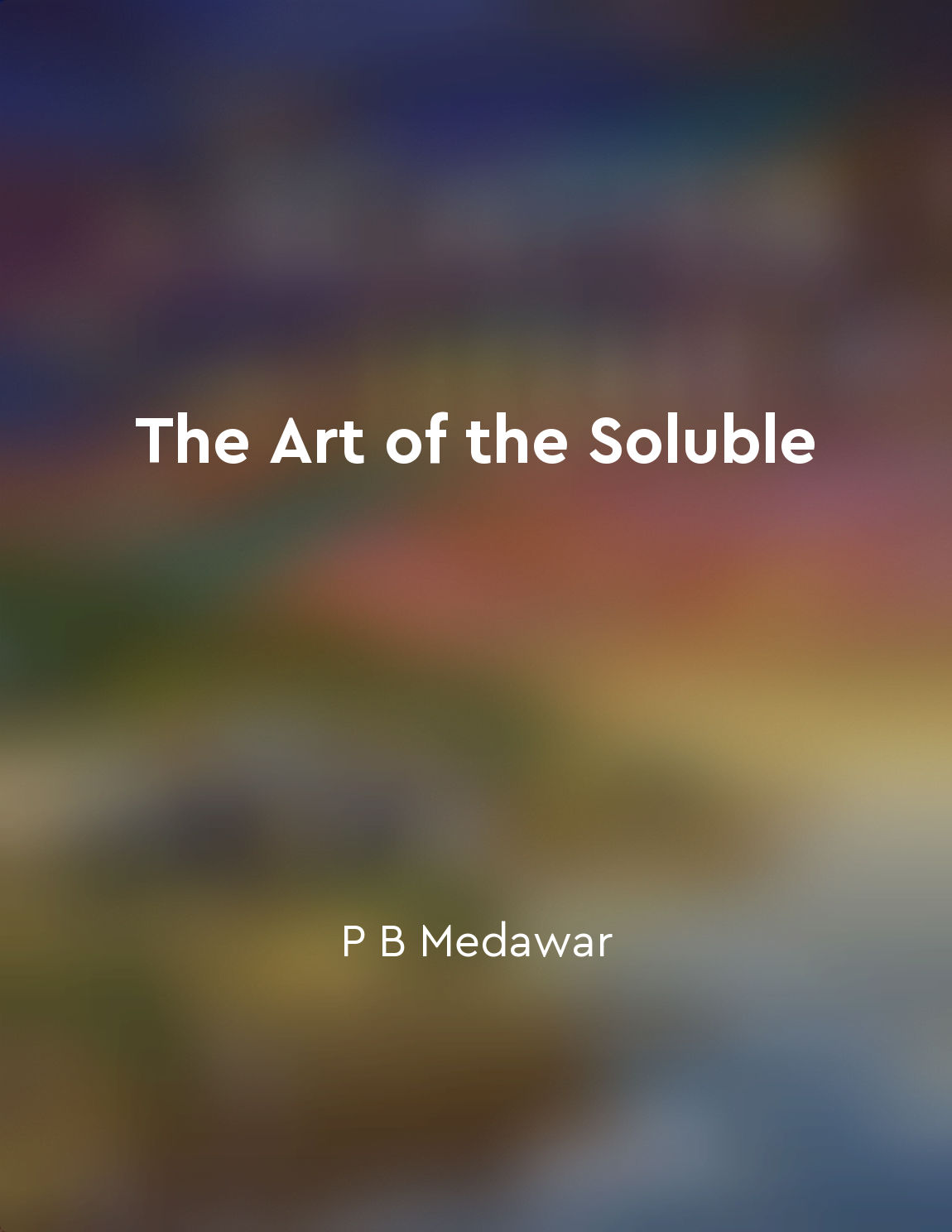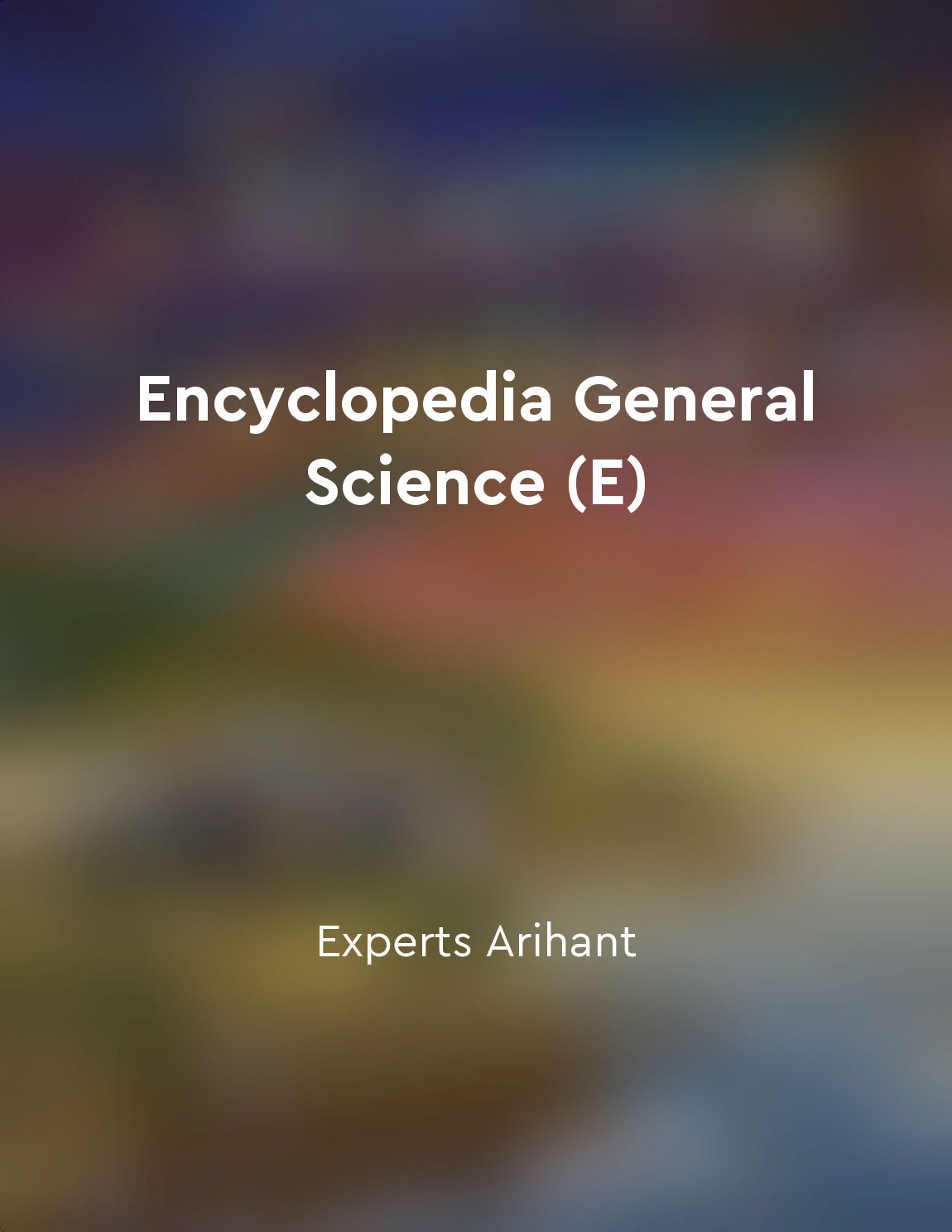Audio available in app
Ignorance is the starting point for all scientific inquiry from "summary" of Ignorância by Stuart Firestein
The idea that ignorance is the starting point for all scientific inquiry may seem counterintuitive at first. After all, we often associate science with knowledge and expertise, not with the admission of what we do not know. However, Stuart Firestein argues that it is precisely our ignorance that drives scientific discovery and progress. When we acknowledge our ignorance, we open ourselves up to new possibilities and questions that can lead to groundbreaking insights. Science is not about having all the answers, but about asking the right questions and being willing to explore the unknown. In fact, Firestein suggests that the more we know, the more we realize how much we do not know. By embracing our ignorance, we can approach scientific inquiry with a sense of curiosity and humility. We can recognize that our current understanding is limited and that there is always more to learn. This mindset allows scientists to push the boundaries of knowledge and challenge assumptions, leading to new discoveries and advancements in their fields.- Firestein believes that ignorance is not something to be ashamed of or avoided, but something to be embraced and celebrated. It is the fuel that drives scientific progress and innovation, pushing us to constantly question, explore, and discover. In this way, ignorance becomes not a limitation, but a powerful tool for pushing the boundaries of human knowledge and understanding.
Similar Posts

The history of science is filled with breakthroughs and paradigm shifts
Throughout the course of scientific history, there have been countless instances where a fundamental shift in thinking has led ...
Collaborating with peers and colleagues
Collaborating with peers and colleagues is an essential component of scientific research and discovery. Working together with o...
Embracing the uncertainty of the quantum world
The uncertainty of the quantum world is a puzzling concept that has perplexed scientists and philosophers alike for many years....
The excitement of the scientific community following the discovery of the Higgs boson
The announcement of the discovery of the Higgs boson sent shockwaves through the scientific community. After decades of researc...

Microbiology examines microscopic organisms
Microbiology is a branch of science that deals with the study of microscopic organisms. These organisms are so tiny that they c...
Natural phenomena have scientific explanations
Natural phenomena are the everyday occurrences that we often take for granted. From rainbows to thunderstorms, these events can...
Revision notes for quick recap of topics
Revision notes are an essential tool for students to quickly recap topics covered in their studies. These notes serve as a hand...

The rejection of religious beliefs does not mean a rejection of morality
In considering the rejection of religious beliefs, it is important to understand that morality does not solely derive from reli...
Engage in critical thinking
Critical thinking is not just about being skeptical or negative. It involves being open-minded and curious, willing to question...
Pythagoras introduced mathematical relationships in nature
Pythagoras was a man of many talents, but above all, he was a mathematician. His insights into the relationships between number...

